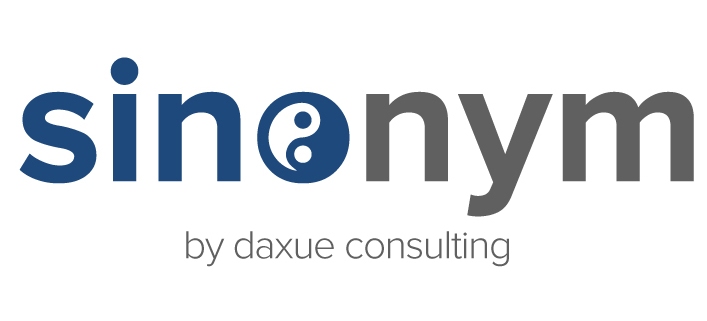Many a brand manager has the donkey name nightmare…
It’s the day after your big China launch. The marketing coordination has been superb. The PR team’s efforts have resulted in quality TV coverage of your highest profile events. Each t has been crossed and each i dotted. Customers have been lining up for product and out-of-stocks have been negligible. You’re walking through the office slapping backs, and you come upon a group huddled around a computer and sniggering.
“What’s up guys?”
“Hey! Well, oh, not much. We were just looking at some blogs about the product launch.”
“Oh yeah? Well what’s so funny?”
Oh dear, and then they start to tell you — directly if you know Chinese and through rough translation if you don’t: your precious new product is getting donkey named.
The smile disappears from your face. The chortles of the staff only make it less funny. You sit down in a roller chair and listen to the names and the explanations, wondering how the %@$# research team failed to see this coming.
Donkey naming: a cause for worry?
First, you’ve got to know what a donkey name is. It’s a playful, sometimes raunchy name given by internet pranksters to well-known brands. It can be a play on sound, characters, roman alphabet (pinyin) name, and so on.
We coin it donkey naming in honor of the great Louis Vuitton, whose brand is known colloquially as the “Donkey Brand”.
Two questions, then: 1) Why donkey? and 2) Does it matter?
Let’s go with #2 first. No, really — having a donkey name is not a cause for worry. In fact, there’s a case to be made that if your brand is strong enough to warrant one, it’s good evidence that you’ve already made it in China.
Take LV — whose products are coveted and copied across China — as an example. Here is a brand worthy of envy and emulation, a brand that wins admiration from both consumers and professional brand managers. Yet, yet… This very same brand is widely known in China by its unofficial and decidedly unflattering moniker.
In fact, as an aside, other pranksters have noted the similarity in sound between the Chinese pronunciation of the two letters L – V and “Āiyō wèi!” (哎哟喂!), a common interjection of surprise and pain.
Do the LV brand managers stay awake at night doubting their naming choices? Of course not.
We here at Sinonym, in our naming adventures, have come to the conclusion that the donkey name is simply a special category. It should not in any way be confused with problematic names that create genuine confusion in the market. We’ll get to those in a future post.
Why Donkey?
So how do you go from Louis Vuitton to Donkey? Quite simple, if you’re snarky. Just follow these steps:
- First use the short name: LV
- Note when typing Chinese characters, the V is used to type ü
- So LV comes out lü
As you probably know, though, Chinese is tonal, and with tones you find that lü can mean lots of things:
- Lǜ (绿) = green
- Lǚ (铝) = aluminum
- etc.
Of course since you want to have fun, you don’t pick something obvious and boring like “green.” Instead you pick Lǘ (驴) meaning Donkey, whose connotations in Chinese are as unflattering as in English.
Thus is donkey naming produced. A bit of fun, really, and not cause for worry. In future posts we’ll go into more detail about genuinely problematic names.
References :
http://daxueconsulting.com/china-market-research-on-louis-vuitton/
http://www.forbes.com/sites/kenrapoza/2013/06/27/sorry-louis-vuitton-china-no-longer-into-you/
